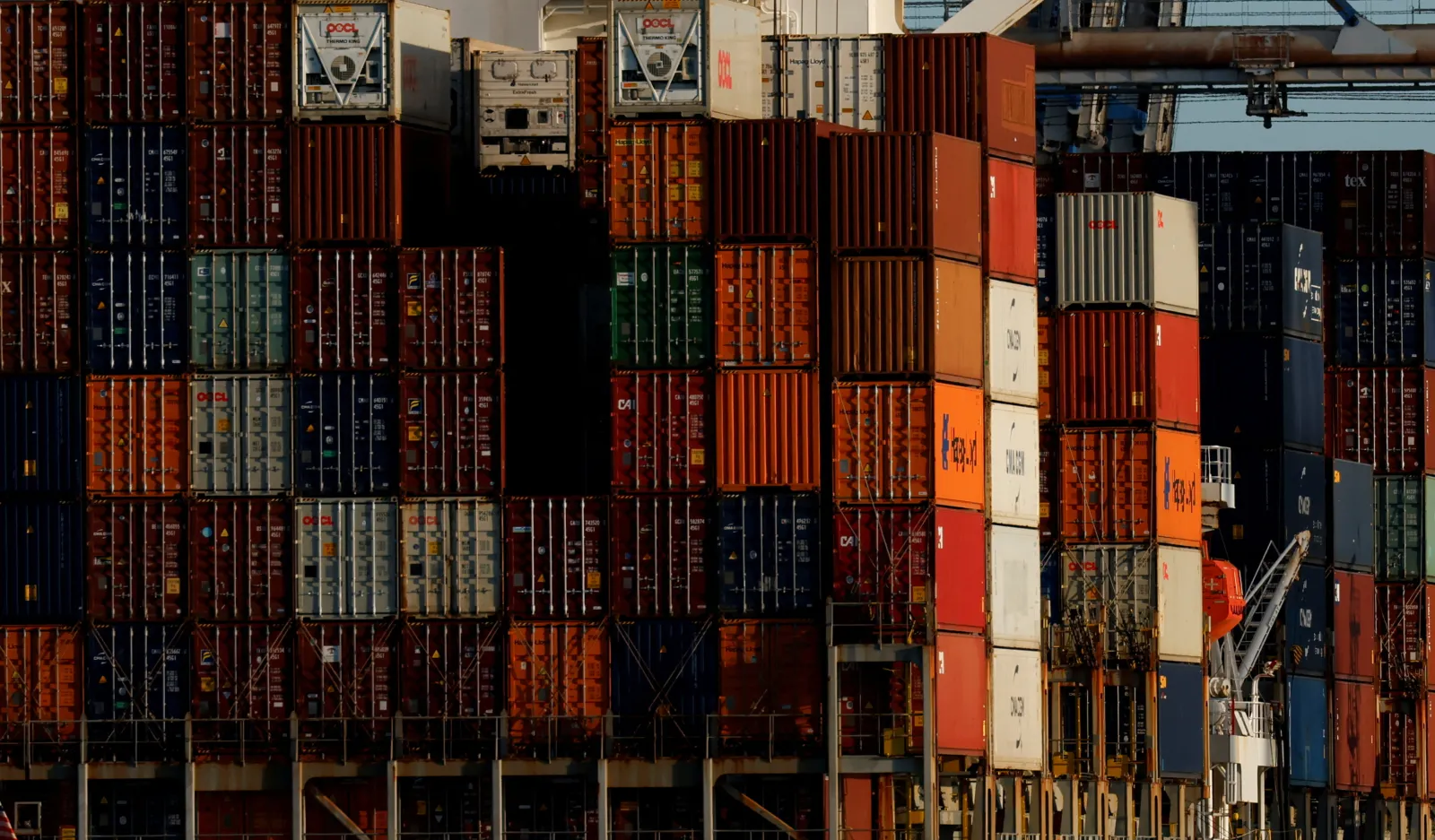了解方便旗
A flag of convenience (FOC) refers to the practice where a ship is registered under the flag of a country other than that of its owner. This allows shipowners to take advantage of favorable regulations in that country while often evading stricter laws present in their home nations. Understanding the impact of FOC on maritime operations is crucial, especially considering the implications for 物流 and shipping services.
The Legal Responsibilities of Flag States
"(《世界人权宣言》) flag state of a vessel holds significant legal responsibilities, overseeing compliance with international maritime laws as outlined by the United Nations Convention on the Law of the Sea (UNCLOS). Registries in FOC countries frequently suffer from inadequate enforcement, resulting in poor monitoring. This weak oversight often leads to diminished accountability and fragmented responsibility for incidents at sea.
How Ownership Anonymity Affects Oversight
Ownership anonymity complicates the tracking of ships and their compliance with maritime laws. This lack of transparency can lead to troubling situations where accountability becomes murky, potentially impacting shipping operations globally.
The Impact on Seafarers’ Rights and Working Conditions
Flags of convenience are frequently linked to poor working conditions and rights for seafarers. According to the International Transport Workers’ Federation (ITF), vessels flying these flags typically offer low wages and demand excessively long hours from crew members. Furthermore, they often provide insufficient food, water, rest facilities, and at times, abandon seafarers without pay.
Record Abandonment Cases
Cases of vessel abandonment have reached alarming levels, raising concerns about crew welfare. For example, the President of Palau acknowledged a troubling trend where ships under this nation’s flag had abandoned their crews. Such incidents underline the systemic issues associated with FOC and pose significant roadblocks for regulators tasked with protecting seafarers’ rights.
Countries that Offer Flags of Convenience
The ITF has identified up to 45 nations that operate under FOC systems, including popular registries in places like Tanzania, the Bahamas, and Malta. These countries often attract foreign-owned shipping companies due to their relaxed regulations and negligible nationality restrictions.
Popular FOC Nations
| 国家 | 特点 |
|---|---|
| Panama | Low fees, fast registration |
| Liberia | Cost-effective services |
| Marshall Islands | Similar advantages as Panama |
| Guinea Bissau | New registry with little oversight |
| Mongolia | Joined the FOC trend for revenue |
Challenges for Port States and Regulators
Port states employ systems like the Port State Control to conduct inspections and ensure safety compliance. Nevertheless, vessels can easily switch flags or names to avoid scrutiny, complicating enforcement efforts. This practice, known as “flag hopping,” makes it difficult to hold these ships accountable for their actions.
International Cooperation Efforts
Regulatory agencies like the International Maritime Organization (IMO) and the International Labour Organization (ILO) work to enhance standards for maritime operations. However, their capacity to enforce these standards is often limited due to the sovereignty rights upheld by flag states under the UNCLOS guidelines.
Logistical Implications of FOC
Understanding the intricacies of flags of convenience is crucial for logistics professionals. The decisions made by shipowners and operators can have cascading effects on shipping routes, cargo transport, and the overall reliability of maritime logistics.
How FOC Influences Global Shipping
- Increased costs associated with non-compliance penalties may be passed down to consumers.
- Unpredictable shipping schedules due to enforcement challenges, leading to delays.
- Overall degradation of maritime labor conditions affecting workforce stability.
Need for Reform in the Maritime Sector
The recursion of issues associated with flags of convenience demands serious reflection and reform within the maritime industry. Greater accountability, transparency, and enforcement of fair labor practices can contribute significantly to improving conditions at sea.
Balancing Regulation with Industry Growth
While governments and regulatory bodies strive to tighten the reins on FOC systems, there’s an undeniable need to ensure that changes do not stifle industry growth. Finding that balance is crucial for maritime logistics leaders as they seek to navigate a challenging landscape.
结论
Understanding the ramifications of flags of convenience is essential across logistics sectors. Despite the challenges associated with FOC, platforms like GetTransport.com offer robust solutions for global cargo transportation. From office relocations to the transport of bulky items, GetTransport.com provides affordable and versatile services tailored to meet diverse logistics needs. By prioritizing reliability and transparency, GetTransport.com simplifies freight, shipment, and transportation logistics, empowering you to make informed decisions. In this rapidly changing world, staying updated has never been more critical. For your next cargo transportation needs, consider the convenience and reliability of GetTransport.com. GetTransport.com.

 The Consequences of Flags of Convenience on Maritime Operations">
The Consequences of Flags of Convenience on Maritime Operations">